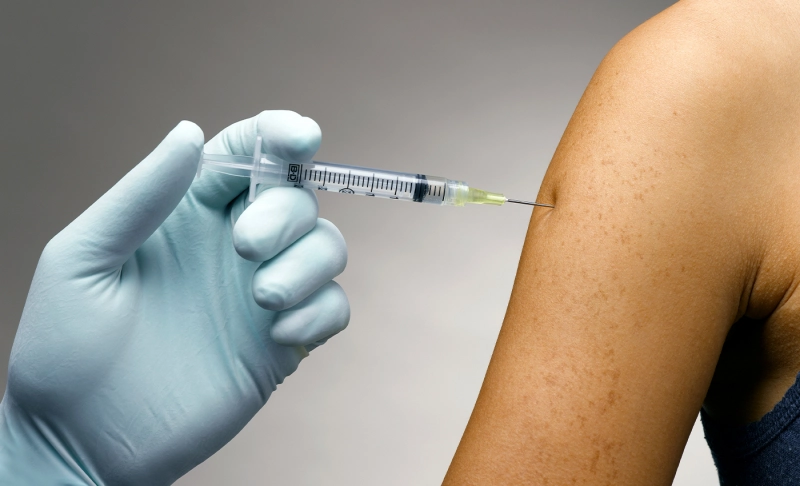By: Ilma Hasan
September 3 2021

Experts have said that COVID vaccines could be linked to cases of immune thrombocytopenia, but that such reactions are rare and treatable.
Experts have said that COVID vaccines could be linked to cases of immune thrombocytopenia, but that such reactions are rare and treatable. Approximately three dozen recipients of the Moderna or Pfizer vaccines reported developing bruising on their arms and/or legs and blisters inside their mouth shortly after the jab. Most of these recipients were reported to have a severe case of immune thrombocytopenia — a lack of platelets which is a blood component essential for clotting. While a majority of such patients could be treated, the condition did lead to one death after treatments failed to restore the patient's platelets. While some experts claim there is not enough evidence to know whether this blood disorder is related to the vaccines, hematologists with expertise in treating immune thrombocytopenia have said the vaccines could have played a role, according to The New York Times. However, experts also claim that cases after vaccination were likely to be exceedingly rare – probably a result of an unknown predisposition to react to the vaccine by developing an immune response that destroys platelets. Similar rare reactions have occurred following inoculations in the past. “I think it is possible that there is an association,” hematologist Dr. James Bussel told The New York Times. “I’m assuming there’s something that made the people who developed thrombocytopenia susceptible, given what a tiny percentage of recipients they are.” Since the rates of the condition in the U.S. have not spiked compared to cases reported with previous vaccines, doctors have deemed the vaccine safe to take. Attribution of a rare adverse event to vaccine exposure can exacerbate vaccine hesitancy, with important effects on public health.